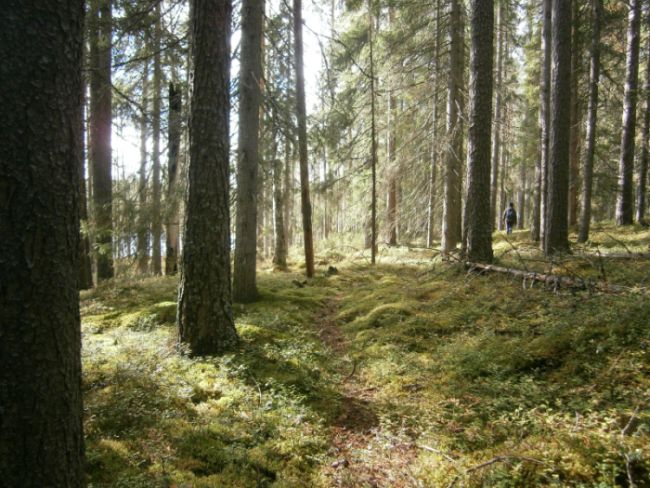6e Semaine européenne des forêts 22–28 novembre 2021
La sixième édition de la Semaine européenne des forêts aura lieu du 22 au 28 novembre 2021. Elle se tiendra conjointement avec la réunion conjointe du Comité des forêts de la Commission économique des Nations Unies pour L’Europe (UNECE), et de l’industrie forestière de la CEE (COFFI) et la Commission européenne des forêts de la FAO (CEF).
C’est en 2008 que fut célébrée la première Semaine européenne des forêts, et depuis lors cet événement a continué d’offrir aux participants une occasion unique d’accroître la visibilité du secteur forestier et d’influer sur les discussions relatives aux forêts aussi bien pour l’ensemble de l’Europe qu’au niveau mondial. Toutes les parties prenantes intéressées sont donc invitées à apporter leur contribution et à organiser des événements au niveau local et national.
Programme of side events
Date | Organizer | Title | Registration link |
|---|---|---|---|
Monday 22 November | UNECE/FAO Forestry and Timber Section | ||
Monday 22 November | UNECE/FAO Forestry and Timber Section | Three years after Astana: achievements – challenges – aspirations for forest landscape restoration in the Caucasus and Central Asia | By invitation only |
Tuesday 23 November | FAO Forestry Division | ||
Wednesday 24 November | UNECE/FAO Team of Specialists on Sustainable Forest Products | Team of Specialists on Sustainable Forest Products Meeting | Please contact the Secretariat for registration |
Wednesday 24 November | Forest Europe in collaboration with International Forestry Students’ Association (IFSA) | ||
Thursday 25 November | Timber Finance Initiative | ||
Thursday 25 November | Fundación Empresa-Universidad Gallega (FEUGA) | Great forest fires of the 21st century – European cooperation to prevent them |
Organize an event in your country
National and local activities held simultaneously in participating countries will raise awareness on forests through contests, exhibitions, talks and videos. Events in the past have included a wilderness retreat in Austria, lectures in Spain, a forestry film festival in Czech Republic, a workshop on flood prevention in Ukraine, and many more.
Share information about the event you plan to organize through the European Forest Week website, hosted by FAO. Organizers are requested to follow any local rules on social distancing and hygiene related to containing the spread of the COVID-19 pandemic.
About the Future of Forests
We are living in a fast-changing world – not only is our reality fundamentally different from two or even one generation ago, but technological and environmental changes are happening faster than ever before, affecting how we conduct our daily lives.
With a global pandemic that caused widespread disruption to economies and societies, and with climate change accelerating, it is increasingly uncertain what the future will look like in one, two and more decades. What is certain is that the forest sector of the region faces many complex challenges. One is to find the right balance for forests’ contribution to climate change mitigation and adaptation. Another is to adapt the region’s forests and forest industries to structural shifts at the global level, driven by changing demand for forest products, and by profound changes in the world’s forest resources.
In this context, the present decade is of particular importance as it marks the UN Decade on Ecosystem Restoration. Forests are one of the essential ecosystems for our planet, making reforestation, afforestation and sustainable forest management crucial for the Decade’s success. Forests also provide health benefits for everyone, such as fresh air, nutritious foods, clean water, non-toxic materials and space for recreation.
Demand for wood and other forest products and services, including biodiversity conservation and carbon sequestration, is rising and changing. As a result, the choices facing forest managers and policymakers are becoming more complex. With rapid urbanization, cities and local governments increasingly understand the benefits of planting trees in urban areas and increasing access to green spaces for city dwellers.
Governments and stakeholders need a shared vision of the major forces driving structural change, and of the possible consequences of policy choices, all set in a holistic global framework, and based on objective and transparent analysis. What is your vision for the future of forests in times of rapid change?

- ©FAO/Mar Ramos Sanz

